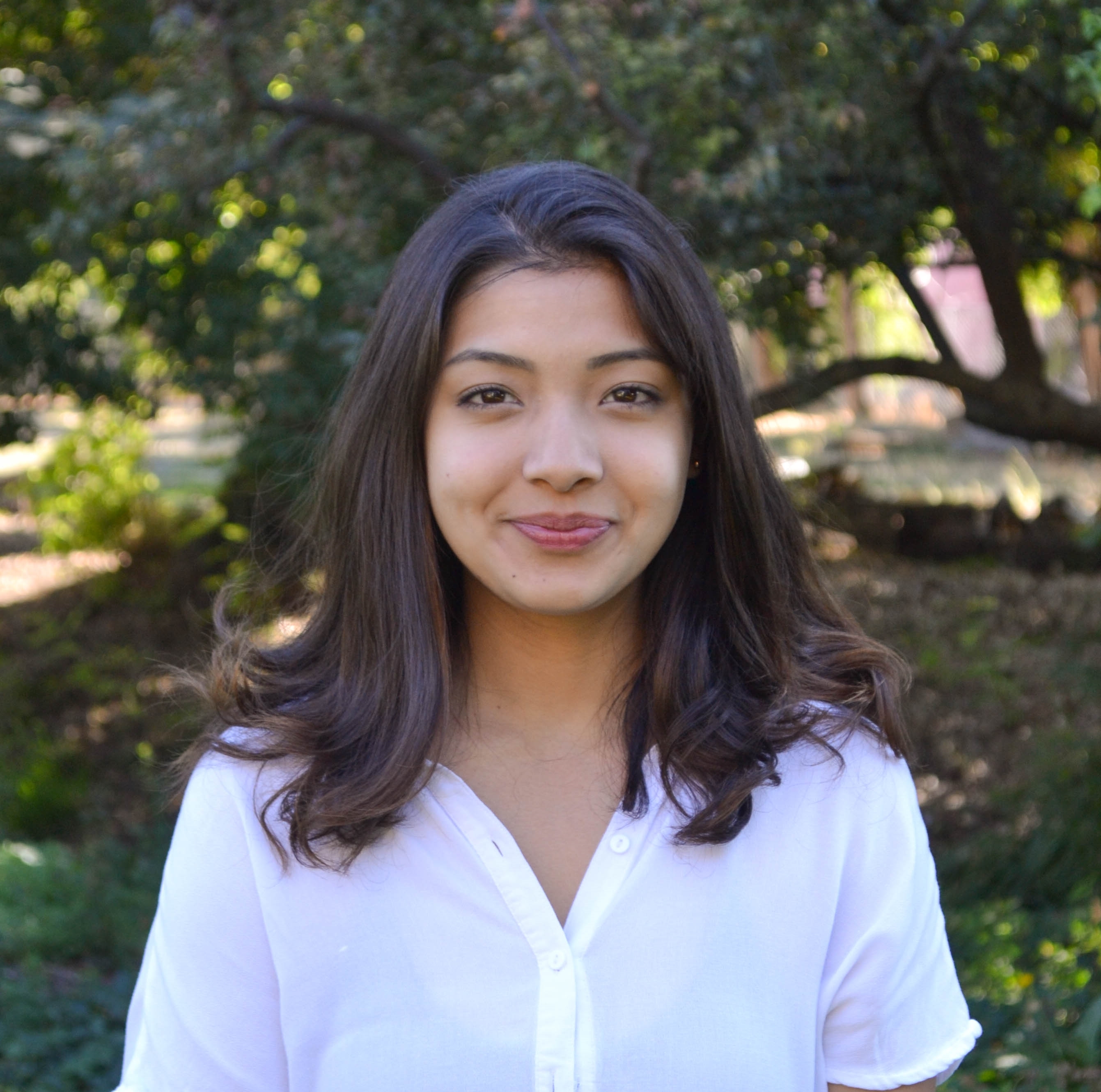Nishtha Rajbhandari ’24 Awarded Projects for Peace Grant
By Casey Brown

Whitman College student Nishtha Rajbhandari ’24 has been awarded a $10,000 Project for Peace grant. Since the grant was created in 2007, nearly 30 Whitman students have won awards and traveled to a dozen countries.
Rajbhandari’s project will be in her home country of Nepal over summer break. It will address lack of access to period products and harmful menstrual taboos.
Those two factors cause concerning, even dangerous, problems for the girls and menstruating youth of Nepal, including students missing a week of school every month, dropping out completely and facing unemployment. For these young people, it also contributes to child marriage and human trafficking, says Rajbhandari, who is an Economics major at Whitman.
“With an aim to promote full participation of girls and menstruating individuals in schools, this project will help improve attendance and, in the long, run, offer a chance for a better future for young girls. The project seeks to bring peace into these individual lives and communities through long-term security and equity,” she says.
Two-Pronged Solution
Rajbhandari has a “two-pronged approach,” one for each problem she identified, and is partnering with Pad2Go, which is a Forbes 30 under 30 company that “pioneered introducing sanitary napkins vending machines in Nepal.” They have installed over 350 machines in all seven provinces of Nepal and is a household name, she says.
One prong is to get menstrual products in the hands of the students who need them. They will install sanitary napkin vending machines in six remote schools, pay for 36 months, or three years, worth of sanitary napkins to go in the machines, and distribute Dignity Kits in the schools. Rajbhandari says the kits will consist of items like reusable cloth pads, hand soaps and pamphlets on safe menstrual practices. After the three years are up, the schools can purchase reduced cost period products from Pad2Go.
The other prong is to conduct workshops with the Pad2Go team. The workshops will address the impact of period taboos on young people. They will be inclusive, encourage discussion and educate students on basic information such as the correct way to use and dispose of menstrual products, Rajbhandari says.
“The workshops will help students critically question existing taboos and barriers with the ultimate aim of limiting generationally inherited taboos,” Rajbhandari says.
Rajbhandari’s Project for Peace will have lasting impacts in her home country thanks to her long-term vision.
“The installation of sanitary napkin vending machines,” she says, “would encourage educational institutes to create safer spaces for girls and encourage girls to participate in school even during their menstruation days.”